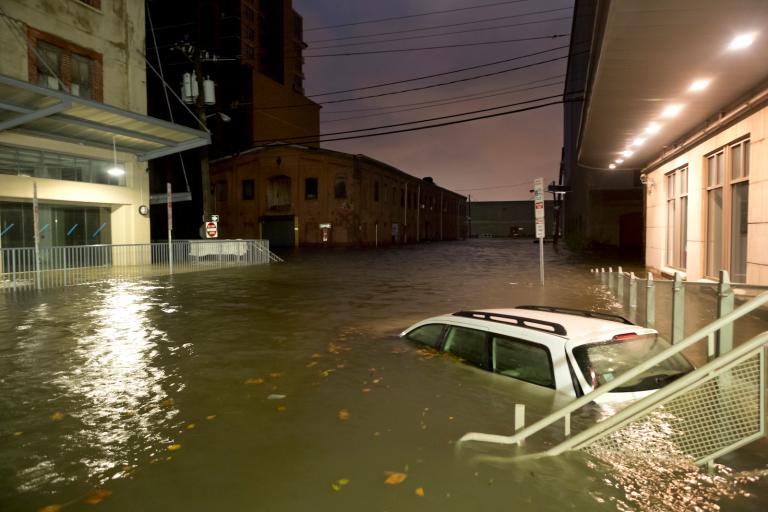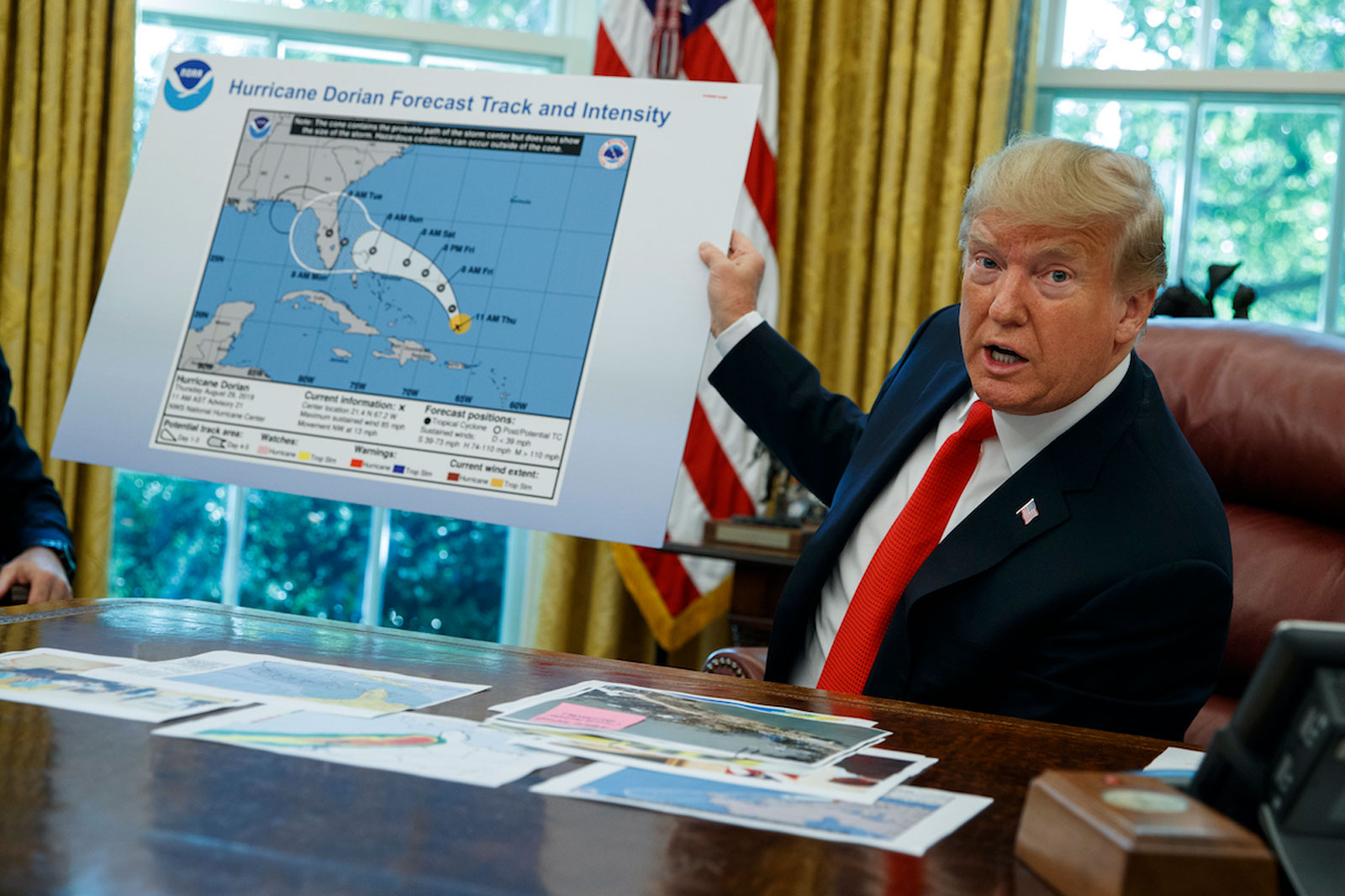The Biden administration released a comprehensive plan Tuesday aimed at restoring integrity to governmental science agencies and preventing political interference.
The report, the first of its kind, was created by the Scientific Integrity Task Force, an interagency effort launched last year by President Joe Biden. The group is based within the White House, but collaborates with federal scientists across 29 agencies. Feedback from more than 1,000 people – citizens, scientists at universities and other organizations, and policy experts – gathered during listening sessions this past summer, was also incorporated into the new report.
The task force found that although violations of scientific integrity don’t happen often, when they do, they have a huge impact on federal policymaking and public trust.
“We’ve seen that when we don’t have good policies in place, and when they aren’t enforced, that bad information can get out, and that undermines public trust in government,” co-chair of the task force, Jane Lubchenco, deputy director at the White House’s Office of Science and Technology Policy, told CNN.
Lubchenco and her fellow task force members pointed to two clear recent examples of such misuse: In 2019, President Donald Trump altered a map of Hurricane Dorian’s potential impact presented to the media, using a black marker to include Alabama in the hurricane’s path, contrary to scientists’ projections. The report, “Protecting the Integrity of Government Science,” also highlighted the Trump administration’s efforts to add a citizenship question to the census against evidence from Census Bureau scientists that it would hurt the survey’s quality.
But the report didn’t dwell long on past mistakes, instead choosing to be more forward-looking and offer suggestions on how to prevent future abuse.
The scientists proposed five new principles for scientific integrity, to add to the six previously identified by the Obama administration in 2009. One new principle states that federal scientists should be able to speak freely about their unclassified research. Another states that violations to scientific integrity should be taken seriously, similarly to violations of government ethics rules. The task force recommended a new interagency body to institutionalize the integrity changes and to hold senior-level officials accountable with matters that can’t be addressed at the agency level. In the next few months, the group will also create a plan for regular assessments of policies and practices, and this framework will be implemented across agencies.
Lauren Kurtz, executive director of the Climate Science Legal Defense Fund told E&E News she thought the report downplayed some of the violations by the Trump administration, such as when the Environmental Protection Agency’s scientific integrity policy was used to defend a statement that carbon dioxide wasn’t a primary contributor to global warming.
Jacob Carter is the research director for the Center for Science and Democracy at the Union of Concerned Scientists, and a former EPA scientist. “It’s encouraging that this task force report exists at all,” he wrote in a blog on the Union of Concerned Scientists’ website. “The previous administration committed over 200 abuses of science and created an incredibly hostile environment that drove hundreds of experienced public servants out of government.
It’s gratifying to see that the task force has been listening to the scientific community,” he continued. “Scientists have been increasingly active in calling for stronger protections to allow experts to do their best work on behalf of the public.”




